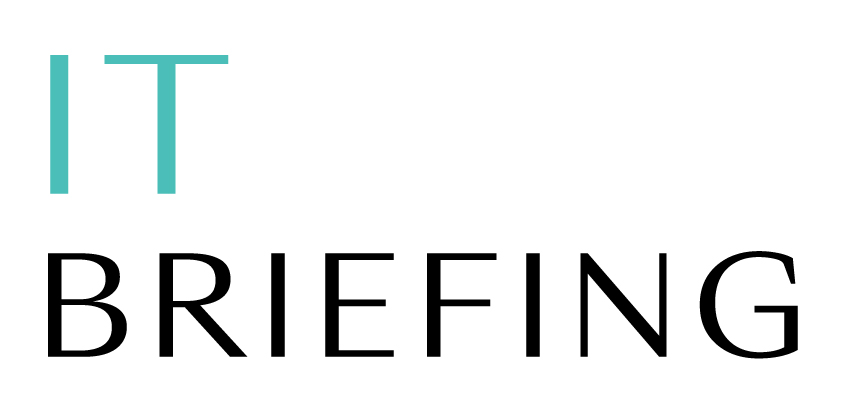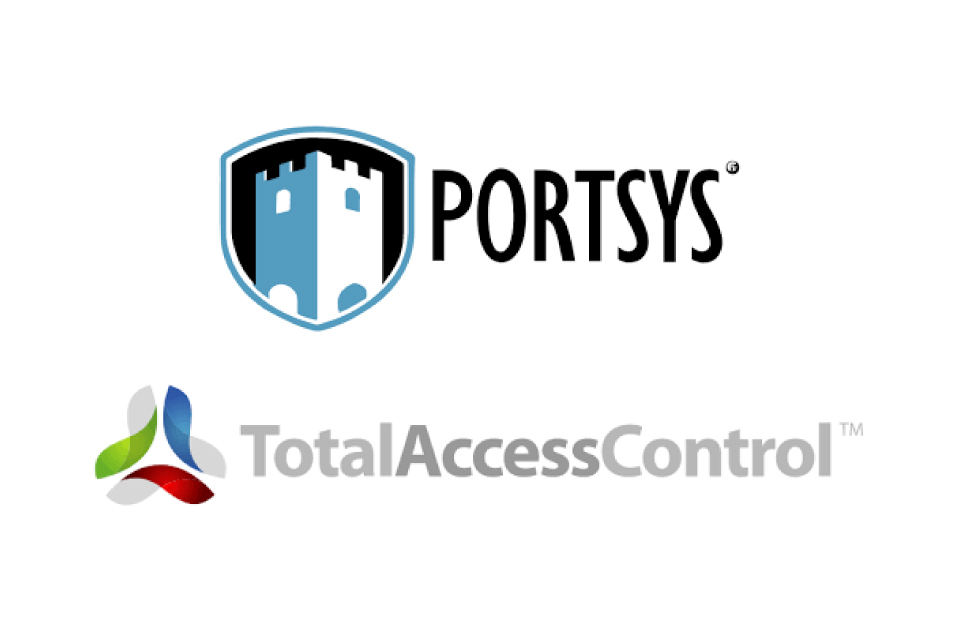 By Tim Boivin, PortSys (pictured)
By Tim Boivin, PortSys (pictured)
Security has long been the boat anchor that drags down innovation – a deadweight that prevents digital transformation efforts from sailing to success.
With the pandemic, digital transformation efforts accelerated far beyond the horizon of what was thought possible. Those changing tides also gave cyber pirates the opportunity to hack away – torpedoing infrastructure to launch ransomware, phishing, and data exfiltration attacks.
Unfortunately, too many IT security teams and lines of business still don’t sail in the same direction to find the calm seas that offer more secure digital transformation. As a result, the captains of business frequently consider security as merely sunk costs, instead of the transformative vessel it should be.
Zero Trust Access (ZTA) sets a new course so your organization can discover greater market treasures. ZTA generates the strategic tailwinds you need for your digital transformation efforts to reach their ultimate destination – competitive advantage. It needs to be considered as a valuable strategic business asset – one that reduces cost, improves productivity, and ultimately drives revenue and profit.
How? ZTA implements and scales quickly without disrupting your existing infrastructure. It allows users to more securely and seamlessly access local and cloud resources they need to do their jobs from anywhere, improving productivity.
ZTA accomplishes all this while dramatically reducing threats against your infrastructure. Instead of saying “No!” to anyone who wants to work more productively but requires greater access to do so, the pilots in the IT boathouse say “Yes, but…” – relying on ZTA’s principles of “Never Trust, Always Verify.” That creates a safer journey as your users get closer to your customers, wherever they are.
Ultimately, ZTA transforms that IT boat anchor that’s been dragging you down into a billowing business mainsail – so you can cruise to competitive advantage.
Tim Boivin is the marketing director for PortSys, whose enterprise customers around the world use Total Access Control (TAC), its next-gen reverse proxy solution based on Zero Trust.





